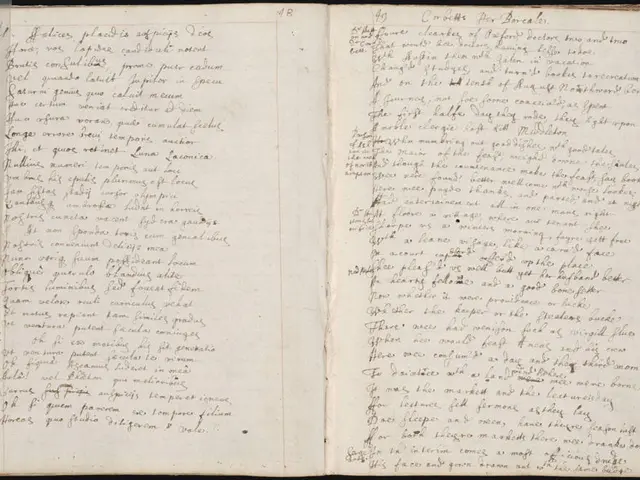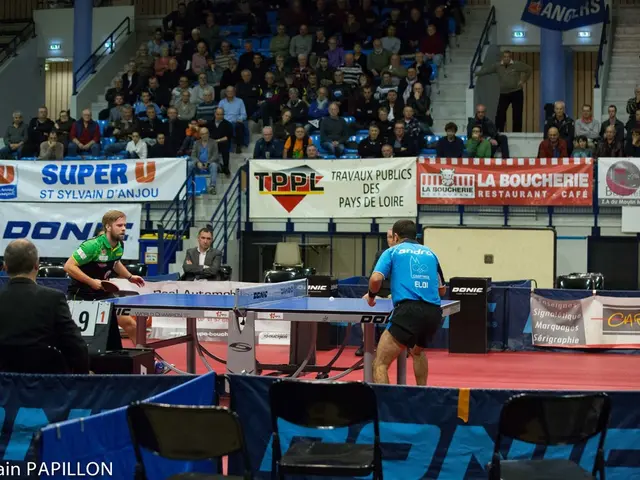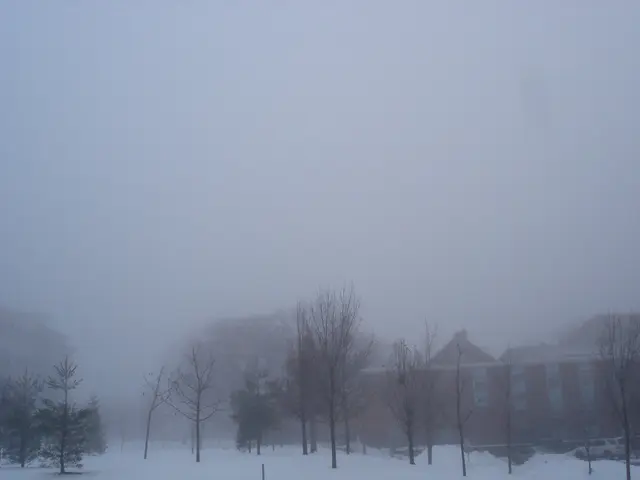Affordable electric railway fares set at 20 Baht to commence operations in October confirmed.
Title: Cheap Transport in Bangkok: 20-Baht Electric Rail Fare Debuts October 2025
🔥 Get Ready for the 20-Baht Flat Fare Train Ride! 🚂
Sick of spending a fortune on getting around Bangkok? Here's some good news! On October 1, 2025, a new era of affordable public transport is about to begin. The gobsmacking 20-baht flat fare for electric railways is set to revolutionize your daily commute. Here's what you need to know!
🚨 Affordable Public Transport Policy (APTP) Is Coming to a Station Near You 🚩
At a seminar hosted by the Thailand Consumers' Council, Kritchanon Aiyapanya, Deputy Transport Minister, confirmed the government's APTP vision. The Pheu Thai government and the Ministry of Transport are all-in on providing an affordable and accessible ride for everyone, with an initial flat fare of 10 baht for buses and the game-changing 20-baht for electric railways, ensuring your daily travel costs remain under 60 baht.
📝 Legal Changes on the Horizon 📜
To make this magic happen, the APTP initiative needs a little legal fine-tuning. Kritchanon announced that amendments will be made to the Mass Rapid Transit Authority Act, Common Ticket Management Bill, and the Department of Rail Transport Act. These reforms are expected to be approved by the end of September to set the stage for the APTP rollout in October.
💸 Unlocking the Coin for the 20-Baht Flat Fare 💰
Initially, the government will use profits from the Mass Rapid Transit Authority (MRTA) to subsidize private rail operators. In the second year, a traffic congestion tax may be introduced, potentially costing motorists 50 baht a day within a 20-kilometer radius of central Bangkok. Revenues from the congestion tax will be used to support the flat fare subsidy further.
🎫 One Ticket, Multiple Modes 🚎🛤️🚧
Supaporn Thinwattanakul, Deputy Secretary-General of the Thailand Consumers' Council, was adamant that a comprehensive common ticket system covering buses, boats, and rail is essential. Improvements in service frequency are also critical, with an optimal wait time for transport of around 15 minutes.
👀 Eyes on the Prize: Making Transportation Accessible for All 🏆
Jiraroth Sukolrat, Deputy Director-General of the Office of Transport and Traffic Policy and Planning, acknowledged the inadequacies of current public transport services. High fares and limited route coverage, especially on around 200 existing bus routes, have left commuters feeling the pinch. To remedy this, both the Common Ticket Bill and the Passenger Transport Office are gearing up for action.
💡 Enrichment Insights:The affordable public transport policy focuses on a flat fare of 20-baht for electric railways. While a 10-baht flat fare for buses is mentioned, more details regarding this may emerge as part of broader transportation reforms. The legal amendments required for the APTP initiative involve budgetary allocations supported by the Ministry of Finance. Registration for the 20-baht flat fare will be available to Thai citizens who hold a 13-digit national identification card, using the 'Tang Rat' application.
📺 If you enjoyed this rundown, subscribe to our YouTube channel for more inside scoops, updates, and exciting stories from Thailand! 🎥
- The affordability of public transportation is set to improve drastically with the introduction of the Affordable Public Transport Policy (APTP), aiming to keep daily travel costs under 60 baht via a 10-baht flat fare for buses and a revolutionary 20-baht flat fare for electric railways.
- To enable the APTP, legal amendments will be made to key transportation-focused acts, including the Mass Rapid Transit Authority Act, Common Ticket Management Bill, and the Department of Rail Transport Act, with these reforms expected to be approved by late September.
- To maintain the 20-baht flat fare, initial subsidies will come from the profits of the Mass Rapid Transit Authority, while a potential traffic congestion tax may be introduced in the second year to support the flat fare further.





